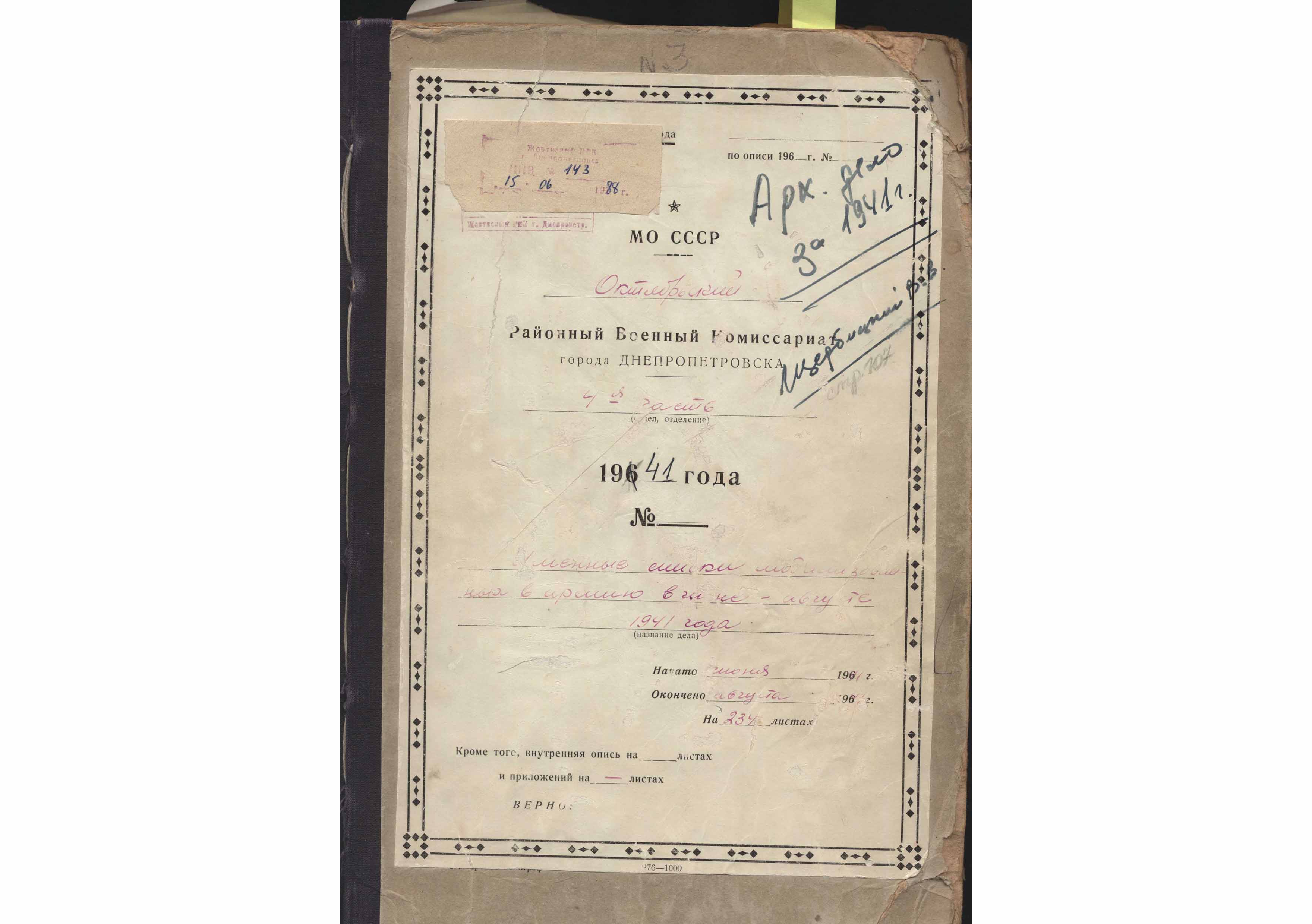Despite the fact that World War II began in Ukraine in 1939, for most of the population of the central and eastern regions, it was the day of June 22, 1941 that destroyed the usual order of life. At four o'clock in the morning, without declaring war, after artillery and air training, the main forces of the Wehrmacht and German allied troops (about 190 divisions) suddenly launched a powerful offensive along the western border of the USSR from the Black to the Baltic Seas.
Kyiv, Riga, Kaunas, Siauliai, Vilnius, Minsk, Grodno, Brest, Baranovichi, Bobruisk, Zhytomyr, Sevastopol, and other cities, railway junctions, airfields, and Soviet naval bases were bombed. Artillery shelling of border fortifications and areas of Soviet troops near the border was carried out. At five o'clock in the morning, Nazi German troops crossed the state border of the USSR and launched an offensive deep into Soviet territory. Only an hour and a half after the beginning of the offensive, the German ambassador to the Soviet Union, Friedrich-Werner Graf von der Schulenburg made a statement declaring war on the USSR.
At noon all radio stations in the Soviet Union broadcast a government report of a Nazi Germany attack. A statement made by People's Commissar for Foreign Affairs V. Molotov on behalf of the Central Committee of the Communist Party and the Soviet government stated that Nazi Germany's attack on the USSR was an unprecedented treachery in the history of civilized nations.
Following the government announcement, the Decree of the Presidium of the Supreme Soviet of the USSR on the mobilization of conscripts born in 1905-1918 was passed. On June 23, the Stake of the Supreme Command of the Armed Forces of the USSR (later the Stake of the Supreme Command) was established, headed by the People's Commissar for Defense, Marshal of the Soviet Union S. Tymoshenko.
In border battles and in the initial period of the war (until mid-July), the Red Army lost 850,000 killed and wounded; 9.5 thousand guns, more than 6 thousand tanks, about 3.5 thousand planes were destroyed; about 1 million people were taken prisoner. The German army occupied a large part of the country, advanced to a depth of 300-600 km, losing 100 thousand people killed, almost 40% of tanks and 950 aircraft.
The Stalinist state had been preparing for the coming war for more than ten years: the country had undergone industrialization, and the most powerful army on the continent had been created. The ideological machine of the USSR prepared the population for war with "small blood" on foreign soil. A victorious "liberation march" to Europe was expected. However, all the calculations developed by the strategy in the summer of 1941 proved to be a failure. And only the heroism of the Soviet people, coupled with the inexhaustible imperial resources and the help of the Allies, allowed to overcome this failure later.

